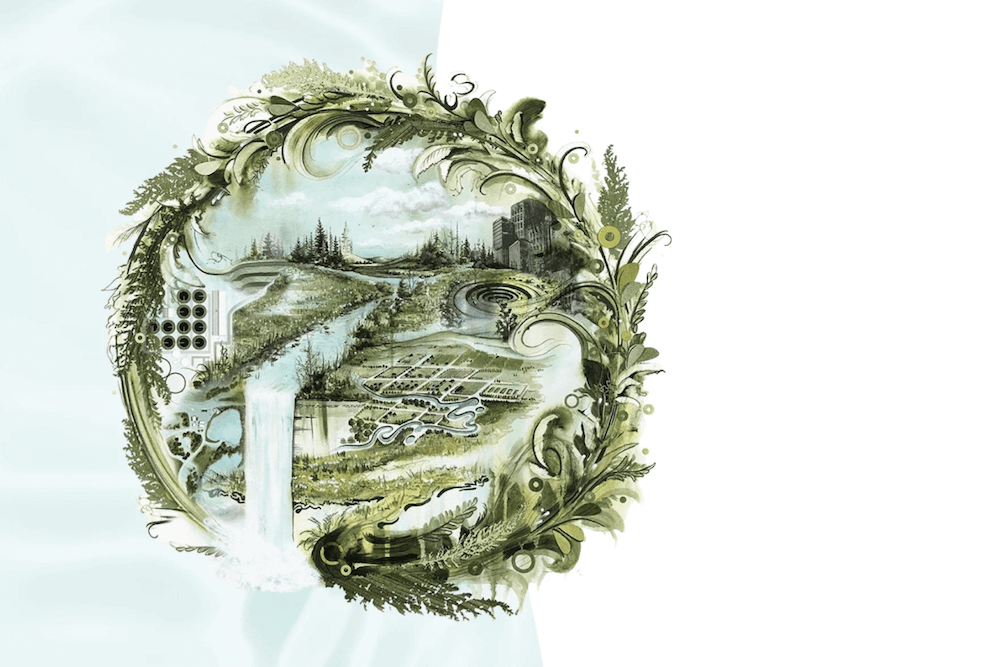Your garden may be about ready for a long winter’s nap, but
your work isn’t done.
Don’t forget to tuck your gardening tools into bed for the
winter, too. A little bit of
attention now will reap rewards of years of good service from
gardening tools.
It’s hard to know when to call the gardening season quits in
some years. Just when we
think we’ve mowed the lawn for the last time, a couple of weeks
of mild temperatures bring
back the green blades of grass. Newly planted flowers, trees and
shrubs should be watered
thoroughly every week or so until the cold really sets in,
especially if rainfall is
scarce.
As cold or freezing temperatures come, prepare your tools by
giving them a thorough
cleaning. Those steel wool barbecue-grill scrubbing pads are
great for removing caked-on
soil from shovels, hoes, trowels and spades.
Scrub the blades and handles with soap and water. Allow them
to dry completely before
storing. Rub a little linseed oil or similar protector over wood
handles to keep the wood
from drying and splitting. Sharpen your tools now to ensure a
quick start in spring.
Drain water from garden hoses and sprinklers. Hang them to
dry before coiling the hoses
for storage. Replace washers and repair leaks. Hoses left
outdoors during the winter could
crack and split, especially if they still have water inside.
Rinse and dry your fertilizer/pesticide spreader and oil all
moving parts. Rinse
sprayers and allow them to drip dry before storing. The best way
to dispose of unused
chemicals in the sprayer is to apply the product as directed on
the label.
Store unused pesticides in their original containers with the
label intact. Place all
pesticides away from children and pets, either in a locked
cabinet or on a shelf at least
four feet off the ground. Protect pesticides from freezing
temperatures and excessive
heat.
When you think your lawn has seen its last mowing this year,
run your mower until it is
out of fuel. Changing the mower’s spark plug and sharpening the
blade now will save you
some time next spring. Some products are now available to help
stabilize fuel so it can be
stored over winter, but I still recommend you drain it or use up
the leftover fuel.
Use up or drain fuel from the garden tiller before storing.
If your equipment has a
4-cycle engine, drain and replace the crankcase oil. Clean the
machine by scraping off
matted grass and wiping off accumulated oil. Lubricate moving
parts as the manufacturer
directs.
Now you can finally relax and enjoy the fruits of your
gardening labor. Curl up next to
the fireplace with your favorite gardening catalog and order new
plants for spring. And
read the many gardening publications from your county Extension
Service agent.



